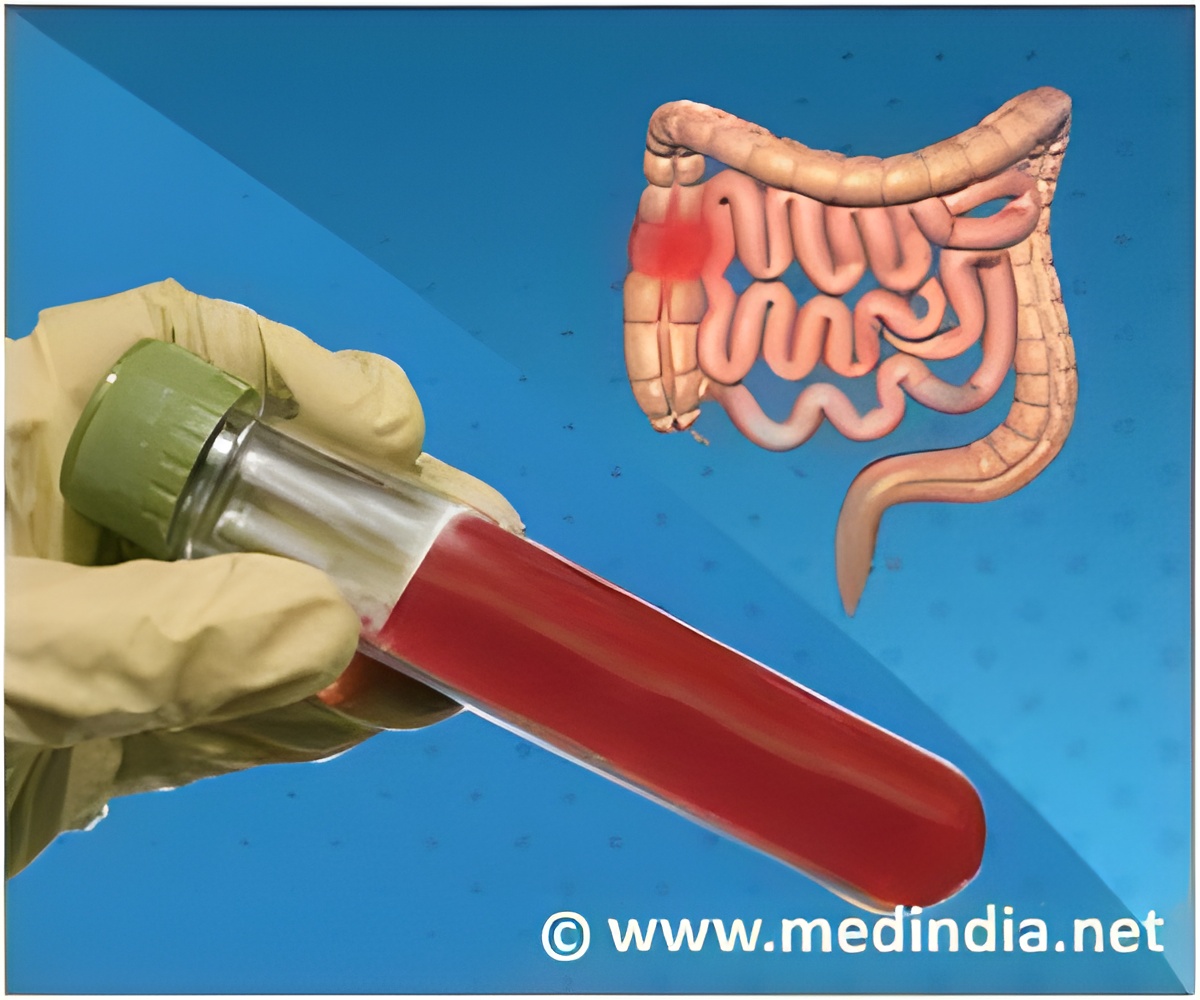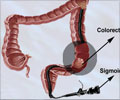A new study may have found out how aspirin helps improve survival chances in patients who are diagnosed with colon cancer.

The results mean that HLA class I could be used in the future to predict whether or not a patient would benefit from aspirin. The findings also suggest that aspirin's role in improved patient survival could be explained by the interaction of the body's immune system with the effect of aspirin on platelets (cell fragments in the blood that are involved in clotting).
Dr Marlies Reimers, MD, a PhD student, in the Department of Surgery, Leiden University Medical Center, The Netherlands, said: "We think that platelets are involved in cancer spreading to other parts of the body by shielding tumour cells in the bloodstream so that they cannot be recognised by the immune system and can finally colonise distant organs. Aspirin could help to 'unmask' those tumour cells by attacking platelet formation, so that the immune cells can detect and eliminate them."
Dr Reimers and her colleagues used tissue microarray technology [2] to investigate the pattern of protein expression in colon cancer patients whose aspirin use after cancer diagnosis was known and who were registered with the Eindhoven Cancer Registry between 1998 and 2007. They studied 999 colon cancers to look at HLA class I expression, and expression of the COX-2 enzyme. They also extracted DNA from 663 tumours to look for mutations in the PIK3CA gene. Both COX-2 expression and PIK3CA mutations are known to be involved in the onset of cancer.
They found that low dose (80mg a day) aspirin use after diagnosis improved survival only in patients with tumours expressing HLA class I; if these patients used aspirin they were half as likely to die during the average four years of follow-up as patients with tumours expressing HLA class I that did not use aspirin. This effect of aspirin was not seen in patients without HLA class I expression. "Therefore, HLA class I might serve as a predictive biomarker to help identify patients who would benefit from aspirin therapy after diagnosis," said Dr Reimers.
"Our results showed that there was no difference in the effect of aspirin in relation to COX-2 expression and PIK3CA mutation."
Dr Reimers and her colleagues believe their results suggest that aspirin may be acting on two different pathways in colon cancer: one in the preventive setting and the other through the control of metastasis – the spread of cancer to other parts of the body from its primary site.
"The second pathway, revealed by our results today, is more involved in metastasis, by influencing the platelets in the bloodstream. Although speculative, it may be that the interaction of platelets with HLA positive tumour cells circulating in the blood promotes the metastatic potential of these cells. Aspirin interferes with this interaction, thereby decreasing the risk of metastatic disease and colon cancer-related death."
The researchers say that more evidence from larger studies and clinical trials is required to support their findings. Some randomised clinical trials have started in the UK and one in Asia – a multi-centre prospective randomised controlled phase III trial of aspirin use in colorectal cancer patients, called the ASCOLT study.
Professor Peter Naredi, who is a member of the Board of Directors of the European CanCer Organisation (ECCO), commented: "The results presented by Dr Reimers and colleagues are very interesting. The idea that aspirin can enhance the effect of our immune system and that we might be able to identify those cancer patients who best benefit from it, is worth further studies. Ongoing placebo-controlled randomised trials evaluating the effect of aspirin in colorectal cancer can hopefully strengthen the evidence that aspirin is useful in patients with HLA class 1 expression." [3]
Source-Eurekalert
 MEDINDIA
MEDINDIA




 Email
Email










